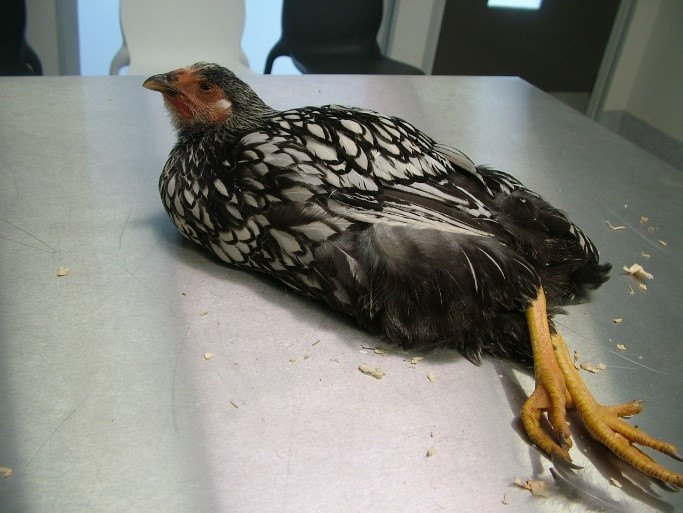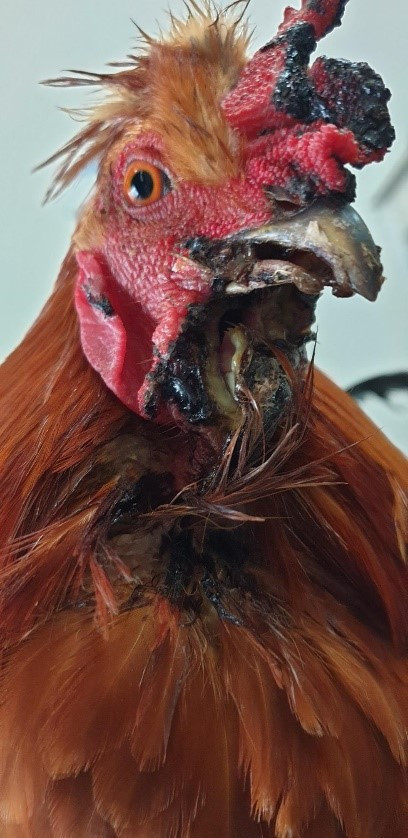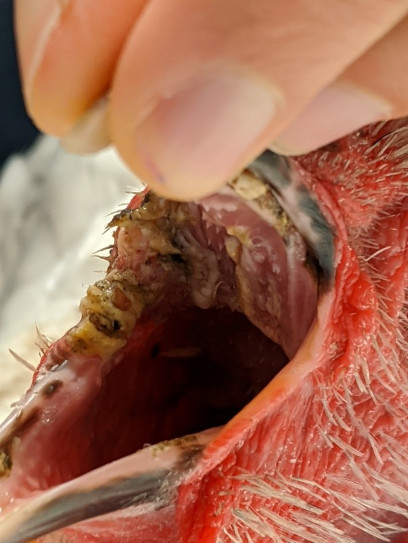Ideally, backyard chickens (because they usually live longer than commercial chickens) should be vaccinated against a range of diseases during their lifetime, including Marek’s Disease, Fowl Pox, and Infectious Laryngotracheitis. However, the actual diseases vaccinated against, the vaccines used, and program and timing of vaccinations will vary according to the disease risks in the region, as well as the practicality for the owner.
For example, Marek’s Disease vaccination comes in 1,000 dose vials, must be used within hours of reconstituting, and given at one day of age. While this might work in a commercial operation with synchronised hatching of thousands of eggs in incubators, for a flock of five birds in a backyard it may not be feasible. For this reason, it is far more common for backyard chickens to be unvaccinated than to be vaccinated.
Some commercial hatcheries will sell vaccinated chickens, but you will need to check they have done it correctly (ask them and check with your vet) and if boosters are required.
Diseases most vaccinated against
Marek’s Disease is a viral infection that usually affects chickens under one year of age. The virus causes a lymphoid cancer (i.e., like lymphoma in humans) but, because chickens do not have lymph nodes, the cancer cells localise in the nerves (causing weakness and paralysis), the eyes (causing an eye colour change), the skin (causing nodules), and the liver and ovary (causing cancerous growths). It is a very common disease, but difficult to vaccinate against on a small scale (see above).

Fowl Pox is a viral infection spread by biting insects or by chickens fighting/pecking each other. It comes in two forms: the dry form – scabby sores over the facial skin, combs, and wattles – and the wet form – plaques at the back of the throat making breathing and eating difficult. Again, this is a very common disease, and usually vaccinations are given when an outbreak occurs. If you live in an area with a lot of biting flies or mosquitoes, vaccinations can be given at one month of age and repeated at three months of age.


Infectious Laryngotracheitis (ILT) is a viral infection that causes a severe infection in the trachea (windpipe). This infection can be so severe that birds cannot breathe and cough up blood. Vaccinations can be given at one month of age and repeated at three months of age.
The commercial poultry industry vaccinates against other diseases, but the above are the ones most avian vets recommend for backyard poultry.
For more information on common diseases of backyard chickens, please see this article.
Reference
Poland G (2019) Preventative healthcare. In: AVA Manual of Backyard Poultry Medicine and Surgery. British Small Animal Veterinary Association, p 51058
